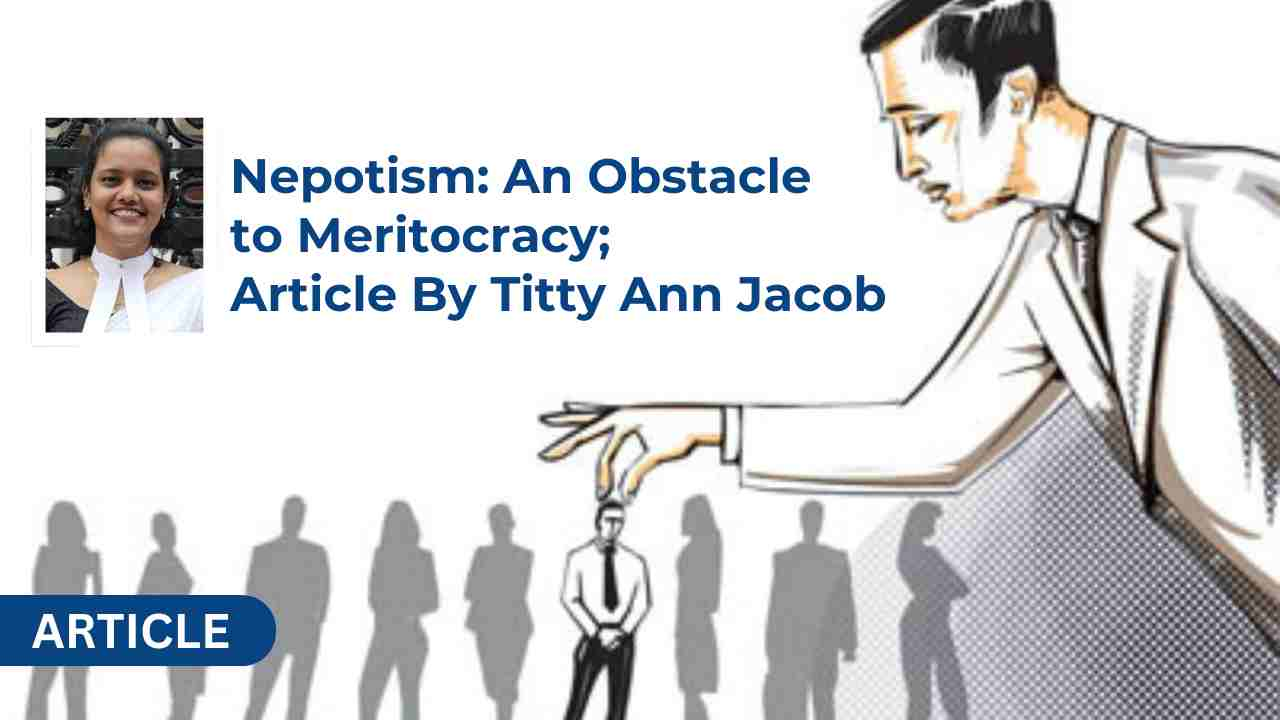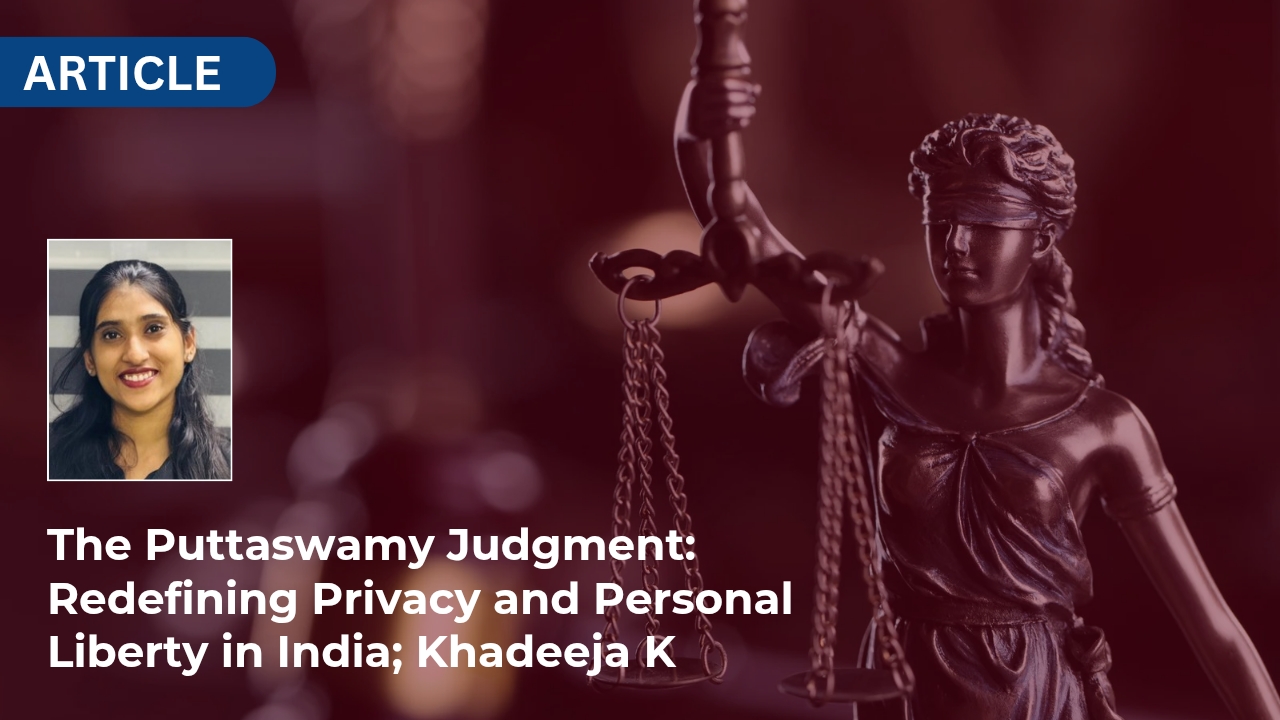The Narcotic Drugs and Psychotropic Substances Act, 1985, commonly referred to as the NDPS Act, is an Act of the Parliament of India that prohibits the production/manufacturing/cultivation, possession, sale, purchase, transport, storage, and/or consumption of any narcotic drug or psychotropic substance. The NDPS Act has since been amended four times — in 1988, 2001, 2014 and 2021. The Act extends to the whole of India and applies also to all Indian citizens outside India and to all persons on ships and aircraft registered in India. Anyone who contravenes the NDPS Act will face punishment based on the quantity of the banned substance. The Act categorizes offences as cognizable and non-bailable. Most offences under the NDPS Act are non-bailable, particularly those involving serious drug trafficking.
However, offences punishable with imprisonment for less than three years or those that do not mandate imprisonment may be bailable.
The interpretation of the NDPS Act and its provisions regarding bail is subject to judicial scrutiny and may vary based on specific circumstances
where the contravention involves a small quantity, with rigorous imprisonment for a term which may extend to 1 year, or with a fine which may extend to ₹10,000 or both;
where the contravention involves a quantity lesser than commercial quantity but greater than a small quantity, with rigorous imprisonment for a term which may extend to 10 years and with fine which may extend to ₹1 lakh
where the contravention involves a commercial quantity, with rigorous imprisonment for a term which shall not be less than 10 years but which may extend to 20 years and also a fine which shall not be less than ₹1 lakh but which may extend to ₹2 lakh
Section 25 of the NDPS Act,1985 provides for punishment to the owner or occupier who has the control or use of any house, room, enclosure, space, place, animal or conveyance and knowingly permits it to be used by some other person for the commission of an offence punishable under any provision of the NDPS Act, shall be punished for his or her involvement and the punishment shall be according to the quantity of contraband.
Punishment for Habitual Offenders( u/s 31 of NDPS Act,1985)
If any person is convicted of an offence punishable under this Act with the same amount of punishment which he was given in his previous conviction then the punishment will be enhanced to one and half times the maximum term of imprisonment and fine or both.
Presumption of culpable mental state( u/s 35 of NDPS Act,1985)
One of the fundamental principles of criminal jurisprudence is presumption of innocence which means that the accused is presumed to be innocent until he is proven guilty but if a person is charged for an offence under the NDPS Act then the burden of proof lies on him to show that he has not committed such offence.
While the Act has a punitive component, it also recognizes the importance of preserving public health. The Act acknowledges the need for treatment, rehabilitation, and reintegration of individuals affected by drug abuse, aligning with a harm reduction and health-oriented approach.
the Supreme Court of India in the case of Ajay Kumar Gupta vs. Union of India, under ss. 22(c) and 29 of the NDPS Act, The Supreme Court scrutinised the evidentiary basis of the conviction and the implications of non-framing of charges under s. 29. the Supreme Court’s judgment in this case reaffirms the principle that the mere presence of suspicion or circumstantial evidence is insufficient for a conviction under the NDPS Act. The prosecution must establish guilt beyond a reasonable doubt, supported by admissible and credible evidence, failing which the accused is entitled to an acquittal..Aryan shah rukh khan v/s Union of india ,under sec 8(c) read with section 20(b), section 27,28,29 and 35 of the NDPS act, commercial quantity of drugs was seized from the accused persons in the present case. In this case there was no material evidence to connect the co accused persons. Prima facie will not be attracted in this case as the court has already observed that there is no material on record to infer the applicants have hatched conspiracy to commit the offence. That being so at this stage it is difficult to infer that the applicants are involved in an offence of commercial quantity. As such the bail was granted.




